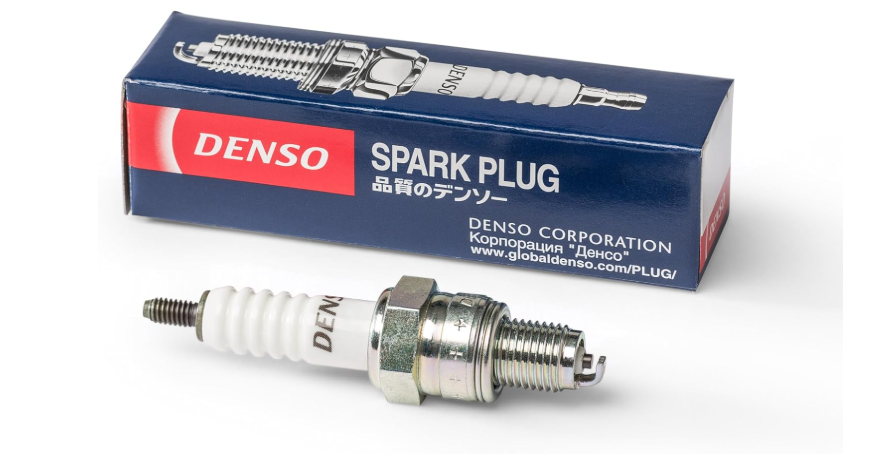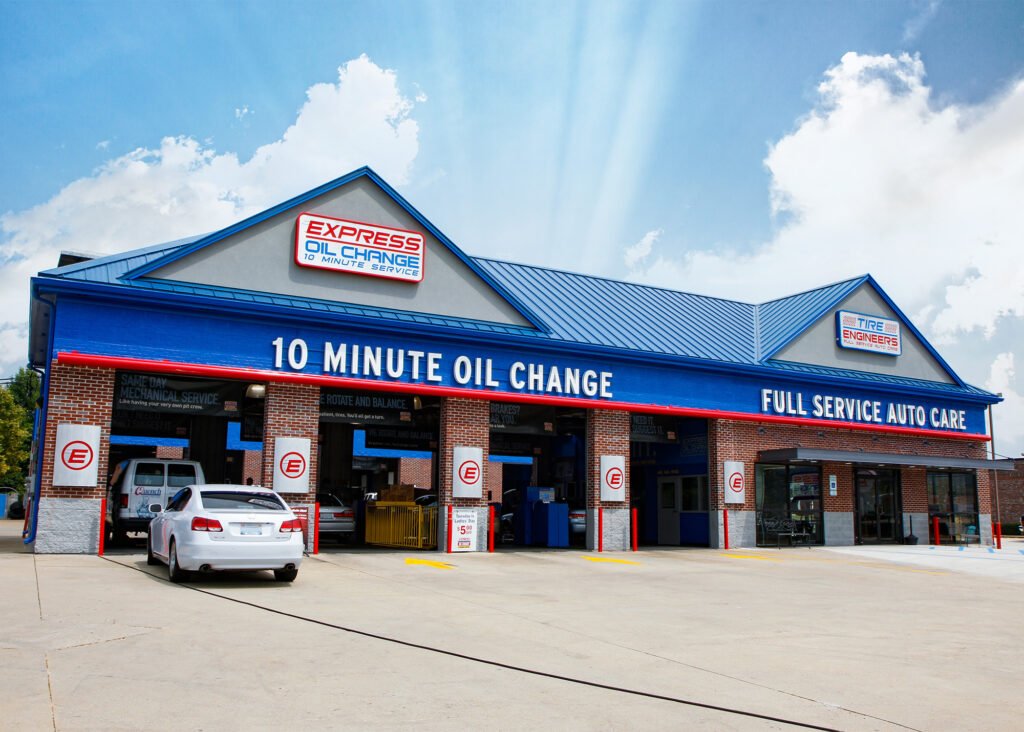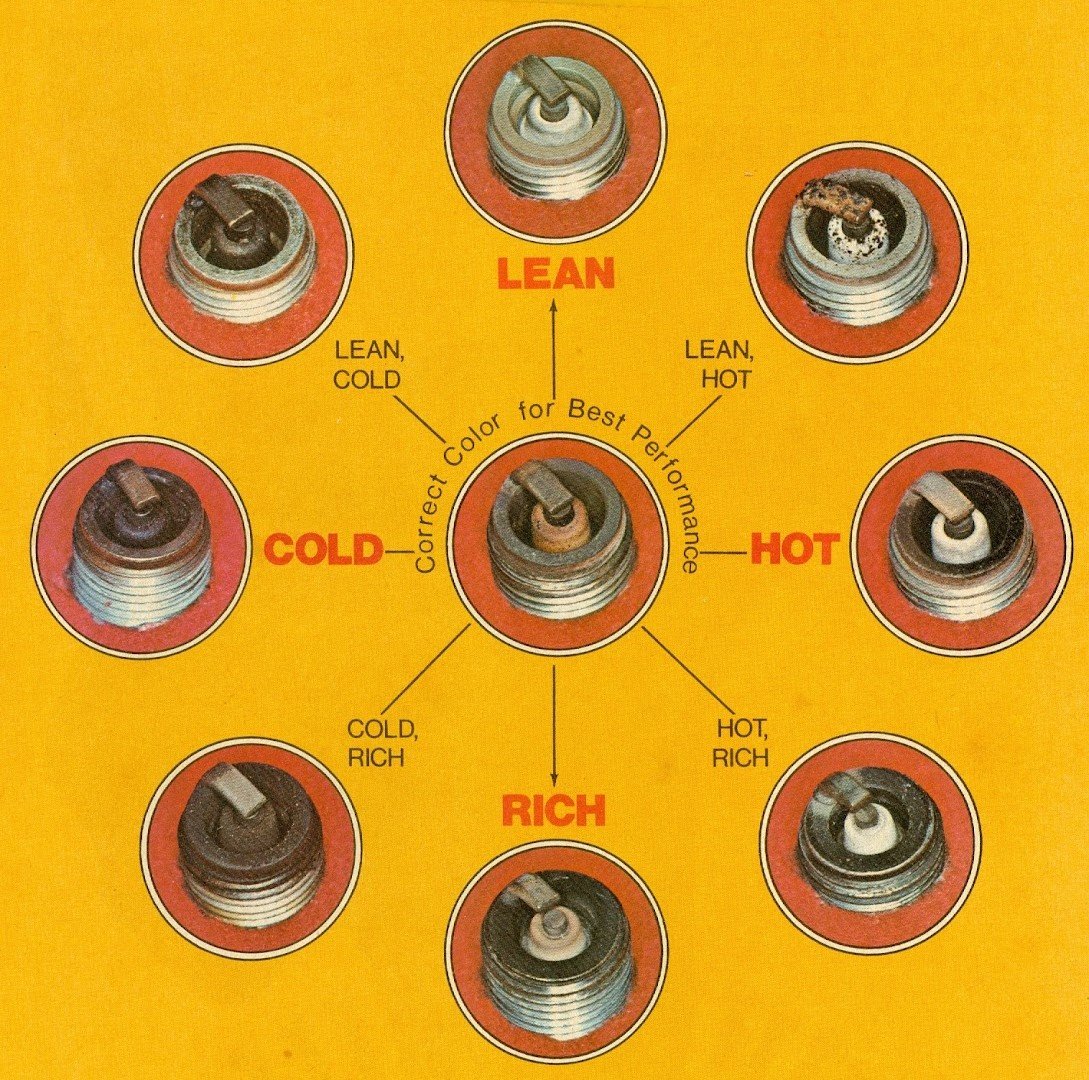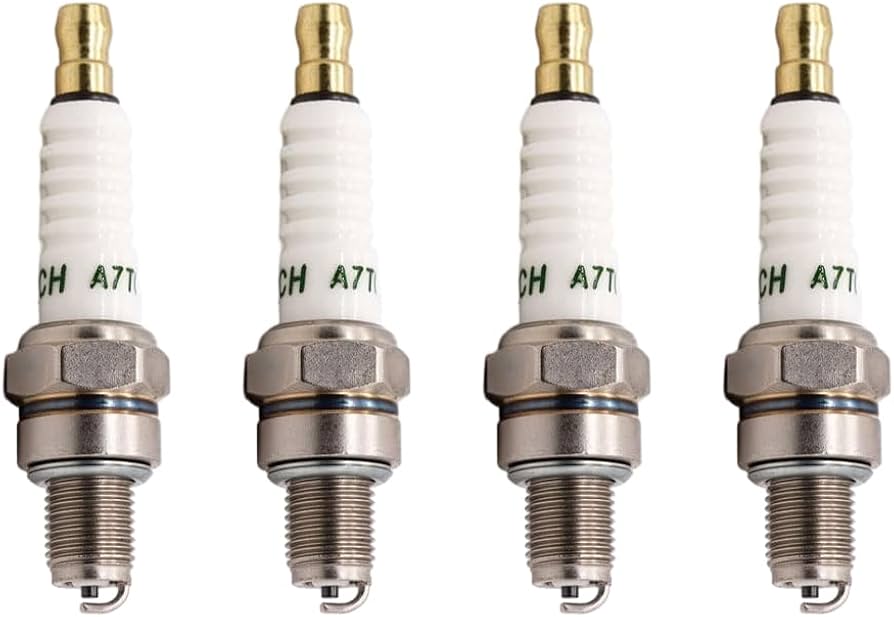The Denso to NGK cross-reference chart helps you find equivalent spark plugs between the two brands, ensuring compatibility. It’s a useful tool for selecting the right spark plug based on your vehicle’s needs.
Spark plugs play a pivotal role in the performance of your vehicle’s engine. Choosing the right spark plug is crucial for maintaining engine efficiency, fuel economy, and emissions control. Two of the most recognized names in spark plugs are Denso and NGK, both offering high-quality products. However, when it comes to replacing a spark plug, you might find yourself in a situation where one brand is unavailable, or you simply want to explore alternatives. This is where understanding the Denso to NGK cross-reference chart becomes invaluable.
In this comprehensive guide, we will walk you through the process of using the Denso to NGK spark plug cross-reference, why it matters, and how to use it correctly to ensure that you’re choosing the right spark plug for your vehicle.

Contents
What Is a Spark Plug Cross-Reference?
A spark plug cross-reference chart helps match a spark plug from one manufacturer (in this case, Denso) to its equivalent from another manufacturer (NGK). This is particularly useful when you’re looking for a replacement spark plug but can’t find the exact brand or part number. Cross-referencing allows you to find an alternative that is built to the same specifications and should perform similarly.
However, it’s important to note that while the cross-reference chart gives you a starting point, there are nuances between brands. Spark plugs from different manufacturers may have subtle differences in design, material composition, and heat range, which could affect their performance in your engine. This is why it’s crucial to use the cross-reference chart as a guide, but always check your vehicle’s specifications before making a final decision.
Why Use the Denso to NGK Cross-Reference Chart?
The Denso to NGK cross-reference chart is a helpful tool for anyone who needs to find a replacement spark plug quickly. Here are a few reasons why it’s beneficial:
- Availability: Sometimes, a specific brand may not be available, especially if you’re in a remote location or experiencing a supply chain issue. By using the cross-reference, you can easily switch between Denso and NGK plugs without sacrificing performance.
- Cost-Effectiveness: NGK and Denso spark plugs are often priced similarly, but you might find that one brand offers a better deal depending on your location. Cross-referencing allows you to explore more cost-effective alternatives.
- Convenience: If you’re unfamiliar with spark plugs or are new to vehicle maintenance, using a cross-reference guide makes it easier to find a replacement without worrying about compatibility issues.
- Performance Consistency: Both Denso and NGK manufacture high-performance spark plugs. By cross-referencing their products, you can expect a similar level of reliability, fuel efficiency, and engine performance, as both brands are reputable in the automotive industry.
Denso to NGK Cross-Reference Chart
Here’s a detailed look at the Denso to NGK cross-reference chart for popular spark plugs. This table will help you identify the NGK equivalent for Denso plugs, so you can make an informed decision when replacing your spark plugs.
| Denso Part Number | NGK Equivalent |
|---|---|
| BPR6EIX | BPR6EIX |
| BPR6EY | BPR6EY |
| BPR6ES | BPR6ES |
| BPR7ES | BPR7ES |
| BPR5ES | BPR5ES |
| BPR8ES | BPR8ES |
| BPR9ES | BPR9ES |
| BPR6HS | BPR6HS |
| BPR7HS | BPR7HS |
| BPR5HS | BPR5HS |
This chart is just a starting point and represents a few of the most commonly used spark plugs from Denso and their NGK counterparts. Keep in mind that spark plugs vary based on the type of engine (e.g., gasoline, diesel), the make and model of the vehicle, and the manufacturer’s specifications.
Additional Cross-Reference Considerations
While cross-referencing provides a basic comparison, there are a few other factors to consider when selecting a spark plug:
- Heat Range: The heat range of a spark plug determines its ability to dissipate heat. If the spark plug is too hot, it can cause pre-ignition, while a cold plug may foul out too quickly. Ensure the heat range of the NGK plug matches that of the Denso plug for optimal performance.
- Thread Size and Reach: Thread size and reach refer to the length of the spark plug and the threads that connect it to the engine. Incorrect thread size can cause damage to the engine or lead to poor spark plug performance. Verify that the thread size and reach are identical for both the Denso and NGK plugs.
- Electrode Design: Some spark plugs feature different electrode designs, such as platinum or iridium tips, which enhance performance and longevity. When cross-referencing, ensure that the design and material composition are similar to maintain engine efficiency.
- OEM Specifications: Always refer to your vehicle’s manual or a professional mechanic to confirm the specific spark plug requirements for your engine. Some engines may have unique needs based on the manufacturer’s recommendations.
How to Cross-Reference Denso to NGK Spark Plugs
When using a Denso to NGK cross-reference chart, follow these steps to ensure you’re selecting the right spark plug:
- Locate the Denso Part Number: Check your current spark plug or consult your vehicle’s manual to find the Denso part number.
- Find the Equivalent NGK Spark Plug: Using the cross-reference chart, locate the corresponding NGK part number next to your Denso part number.
- Confirm Specifications: Before purchasing the NGK spark plug, verify that its heat range, thread size, and electrode design match the specifications needed for your engine.
- Install the Spark Plug: Once you’ve verified compatibility, install the NGK spark plug according to the manufacturer’s instructions.
It’s worth noting that while Denso and NGK offer equivalent spark plugs, some users report subtle differences in performance. Always be mindful of your vehicle’s unique needs and consult an expert if you’re unsure.
Common Spark Plug Problems and Troubleshooting
Even with the right spark plug, issues can still arise. Here are some common problems and how to troubleshoot them:
- Fouling: Spark plugs can become fouled due to excess fuel, oil, or carbon buildup. If this happens, the spark plug will fail to ignite the air-fuel mixture properly, leading to poor engine performance. Solution: Inspect the spark plug for signs of fouling and clean or replace it as needed.
- Pre-Ignition: If the spark plug gets too hot, it can cause pre-ignition, which leads to engine knocking and reduced performance. Solution: Ensure that the spark plug heat range is appropriate for your engine, and use the correct NGK or Denso plug.
- Misfiring: A misfiring engine can be caused by a faulty spark plug that is unable to properly ignite the fuel mixture. This can lead to poor acceleration, increased fuel consumption, and engine vibration. Solution: Replace the spark plug with a new one from the cross-reference chart and inspect the ignition system for further issues.
Frequently Asked Questions
Here are some FAQs about Denso to NGK cross reference chart –
1. Can I use any NGK spark plug as a replacement for a Denso plug?
While the Denso to NGK cross-reference chart provides a useful guideline, it’s important to verify that the specifications match your engine’s requirements. Not all NGK plugs will perform identically to Denso plugs, so double-checking the heat range, reach, and material composition is crucial.
2. Are there significant performance differences between Denso and NGK spark plugs?
While both Denso and NGK produce high-quality spark plugs, there may be slight differences in performance. For instance, NGK’s iridium spark plugs tend to offer better longevity and performance at higher temperatures, while Denso focuses on achieving optimal fuel efficiency.
3. How can I find the correct spark plug for my vehicle?
Check your vehicle’s manual for the manufacturer’s recommendations. Alternatively, use the Denso to NGK cross-reference chart to find an equivalent spark plug. If in doubt, consult a professional mechanic.
4. Is it okay to use a different brand of spark plug than the one recommended by the manufacturer?
It’s generally acceptable to use a different brand, as long as the specifications (heat range, thread size, electrode design, etc.) are the same. Always ensure compatibility to avoid performance issues.
5. How often should I replace my spark plugs?
Spark plugs typically need to be replaced every 30,000 to 100,000 miles, depending on the type of spark plug and the vehicle’s manufacturer recommendations. If your engine exhibits symptoms like misfiring or rough idle, it’s time to check the spark plugs.
Conclusion
Knowing the Denso to NGK cross-reference chart is an essential skill for vehicle owners and DIY mechanics. By using the cross-reference tool, you can easily find replacement spark plugs when needed, ensuring your engine continues to run smoothly.
However, always remember to double-check the specifications to avoid any compatibility issues. Both Denso and NGK are trusted brands, and selecting the right spark plug for your vehicle from either will enhance engine performance, fuel efficiency, and long-term reliability.





